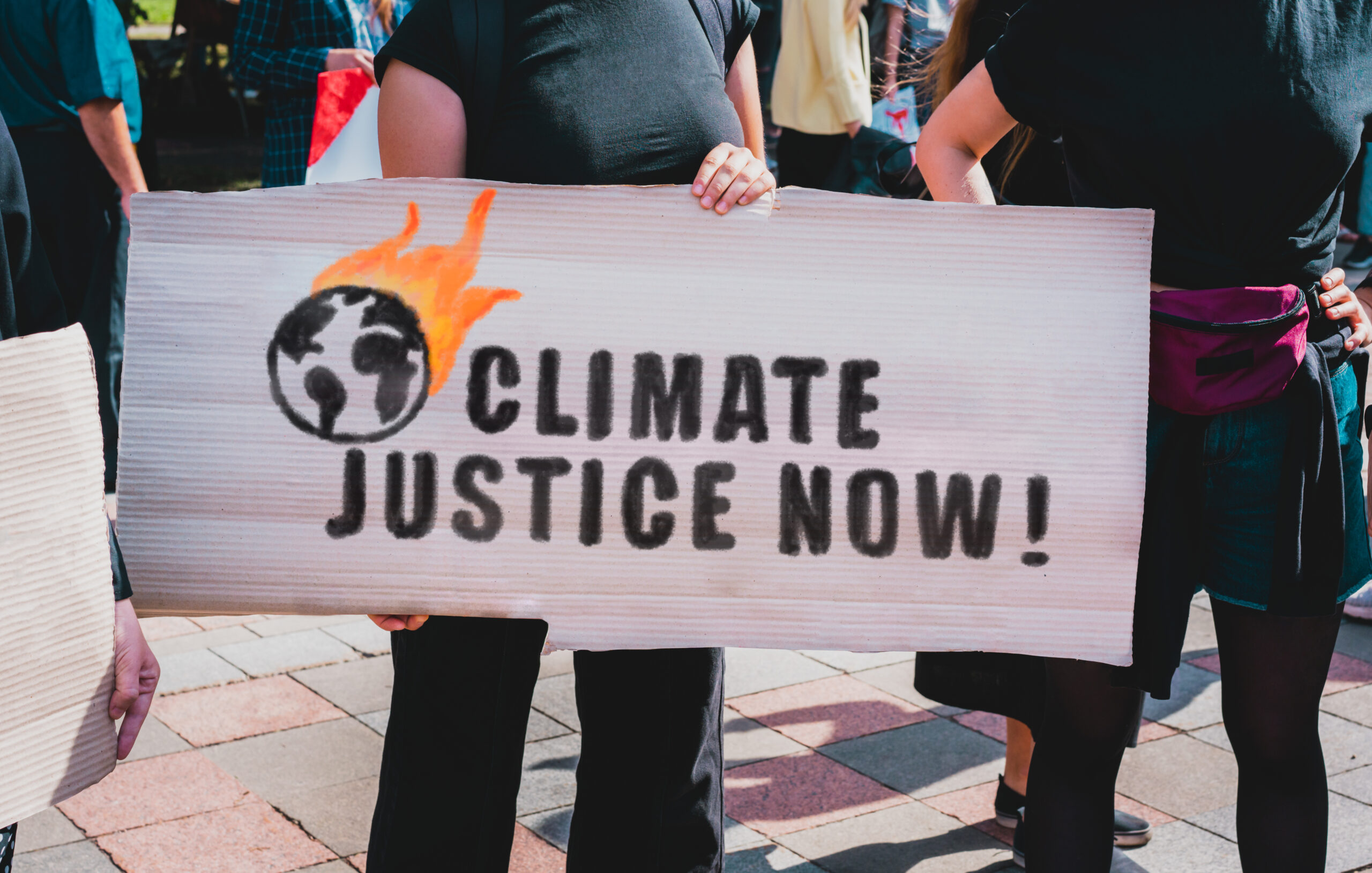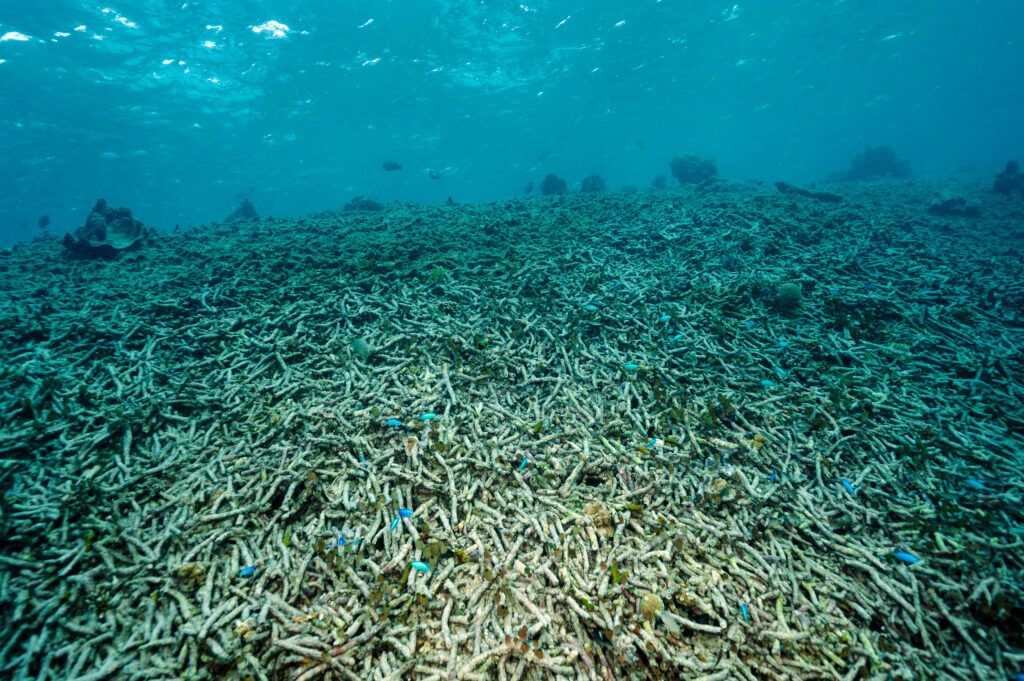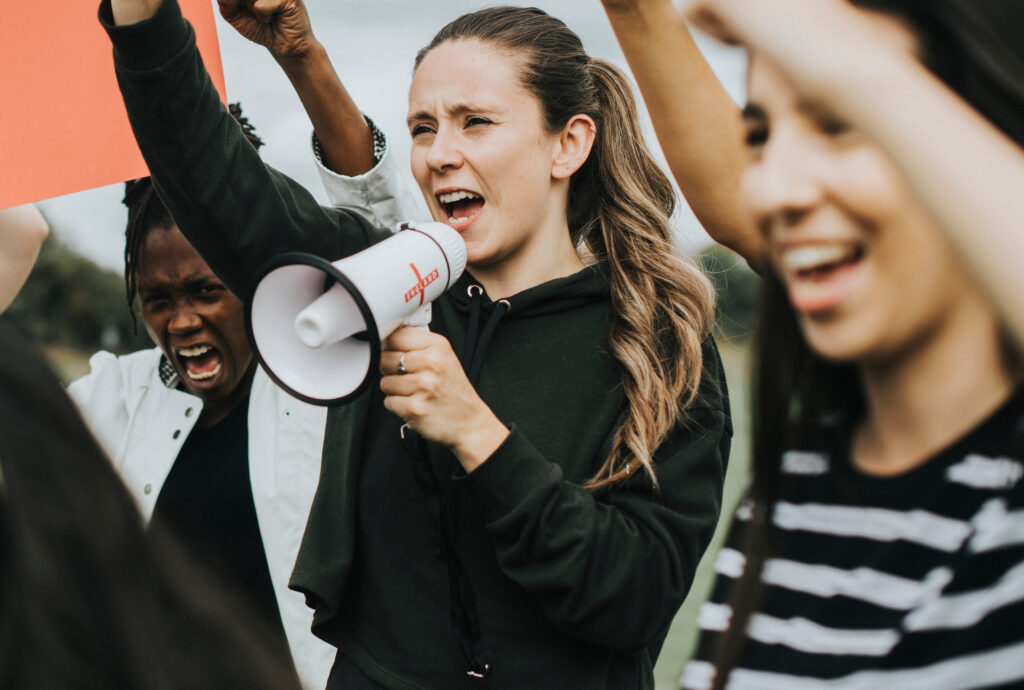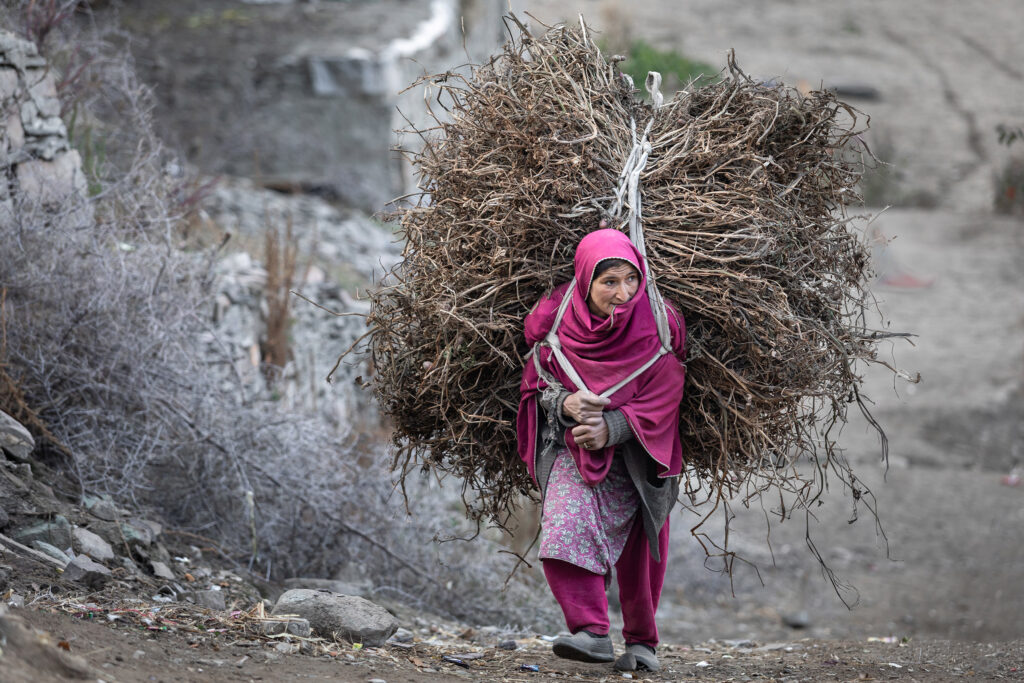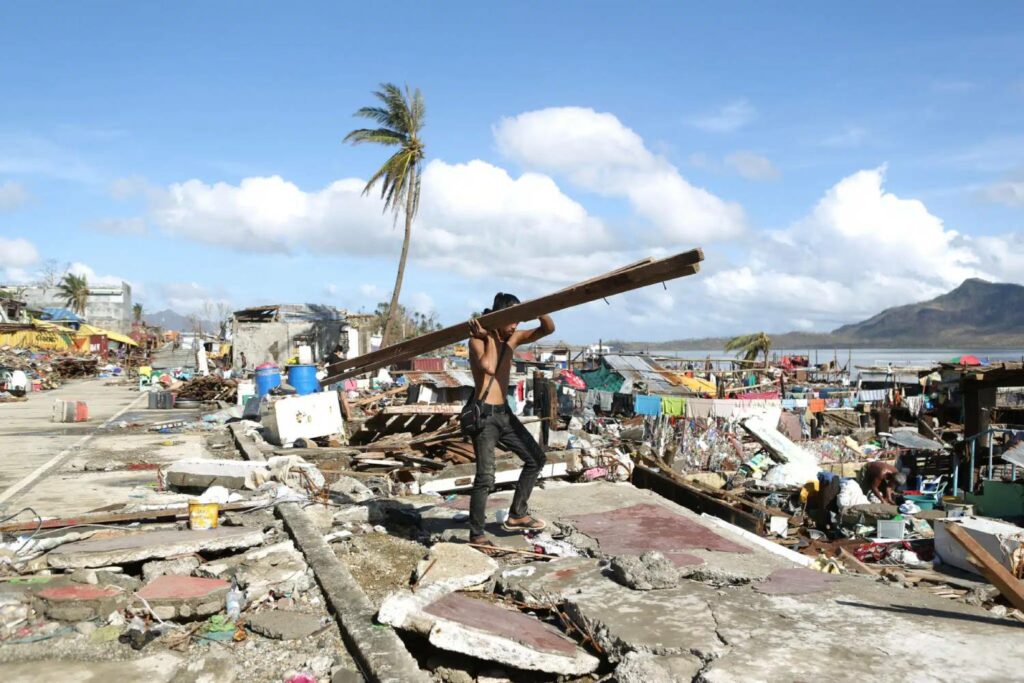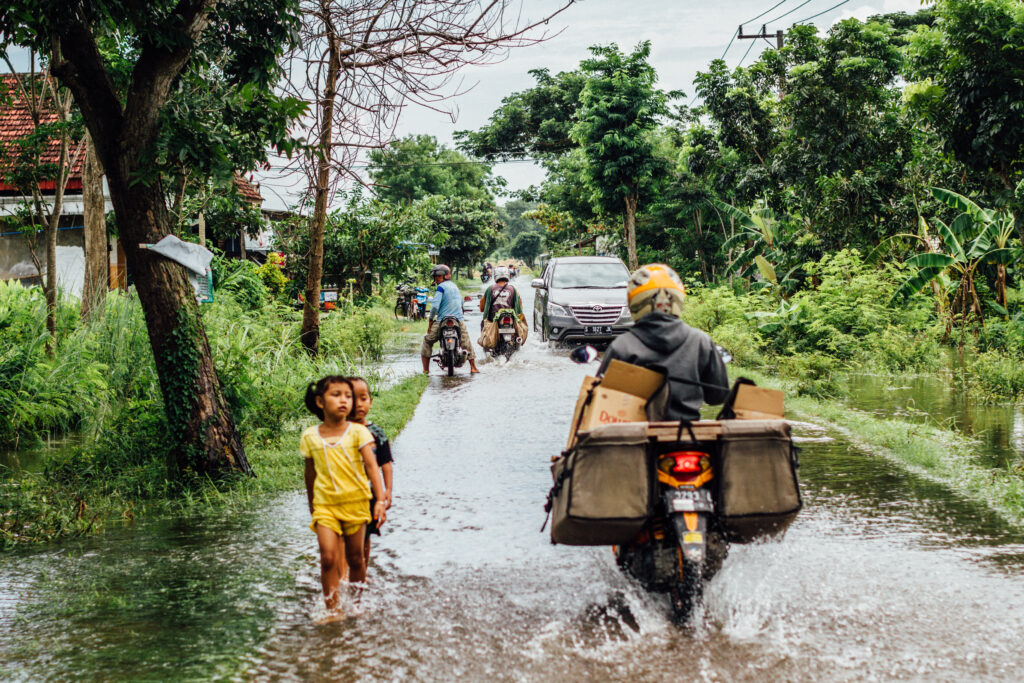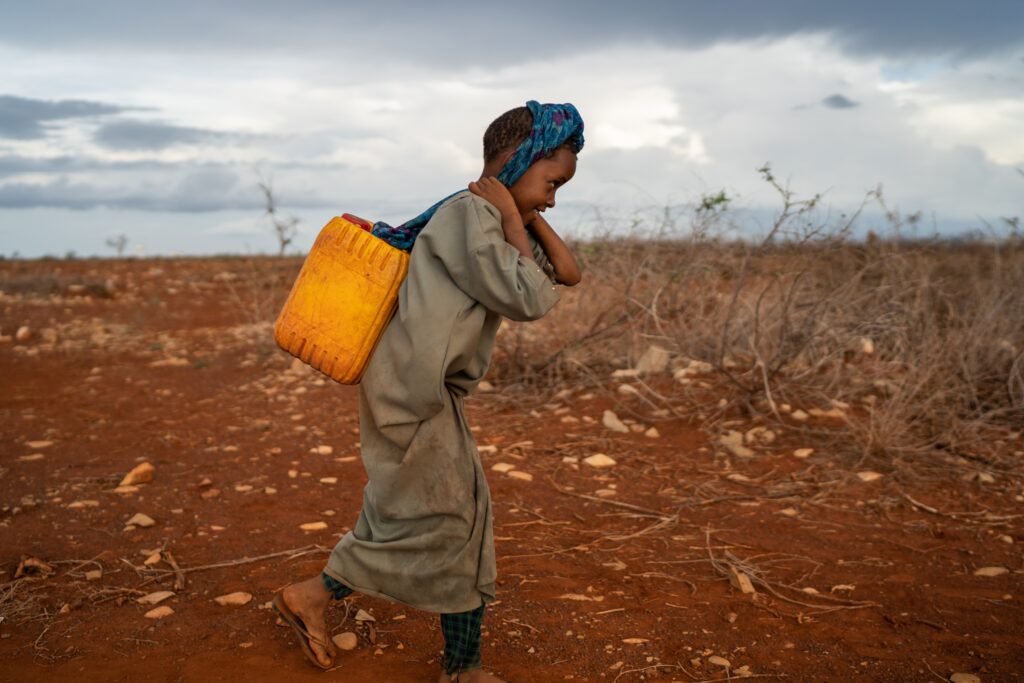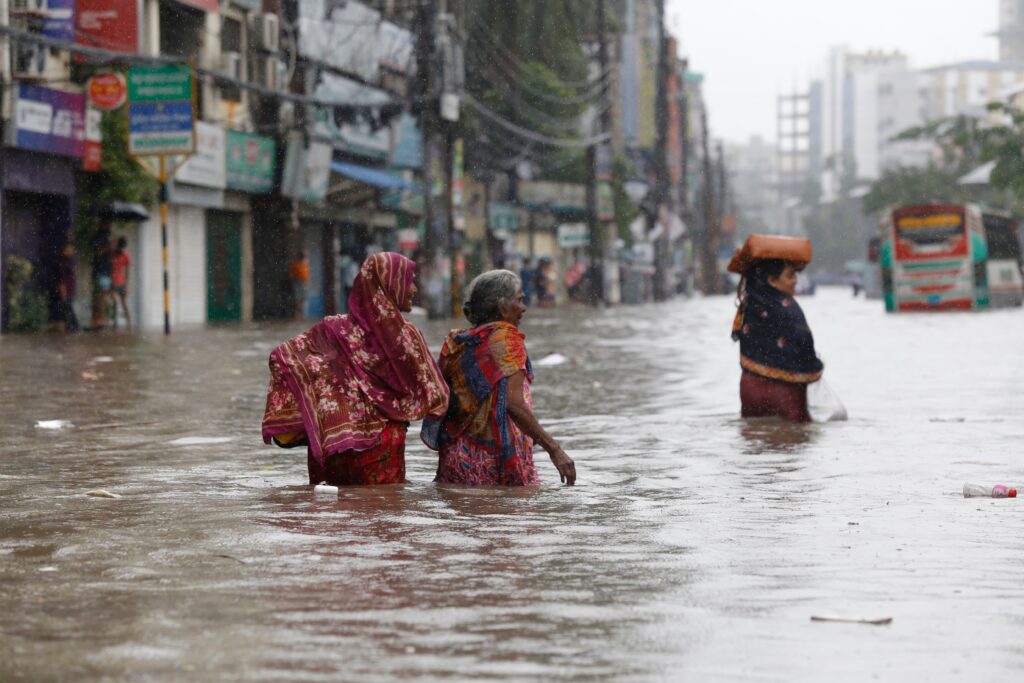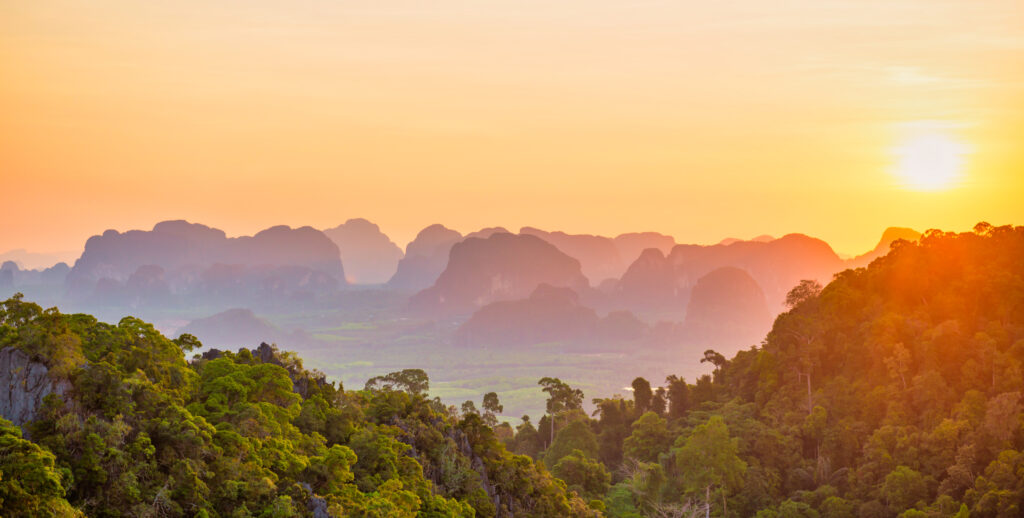Why is climate justice important? While millions are suffering climate-induced hunger and displacement, it is more apparent than ever that human life and well-being depend on a stable climate and healthy environment.
Agnès Callamard, secretary general of Amnesty International, underscores the profound implications of climate change and extreme weather events on human lives. “The dramatic impacts of climate change have exposed, with devastating clarity, how integral a healthy environment is to the enjoyment of all our other rights. It’s easy to take our planet for granted until we see the human cost of its degradation: hunger, displacement, unemployment, homelessness, illness and deaths,” said Callamard.
Therefore, action to curb climate impacts and environmental destruction is crucial to protecting human rights and well-being. Efforts to decarbonise and usher in a new era of clean and democratised energy can bring profound potential for nations and communities in the Global South. Potential benefits include improved energy access and security, sustainable economic growth, more and better jobs, cleaner air and water and more.
Yet, while renewable energy deployment is a powerful solution to the climate crisis, it is vital to uphold human rights in the process. Justice must be at the heart of the clean energy transition — encompassing social transformation, democratisation, inclusivity and empowerment for the people and communities involved.
What is Climate Justice?
Climate justice is a concept that goes beyond just addressing the environmental impacts of climate change. It encompasses the idea that those who are most vulnerable to the effects of climate change should not bear the burden disproportionately. This includes marginalized and vulnerable communities, indigenous populations, and developing countries that contribute less to greenhouse gas emissions but suffer more from their consequences.
Social Justice and the Energy Transition
While renewables can bring significant benefits on a societal scale, poorly implemented clean energy projects can exacerbate local hardships, especially in low-income countries. Nowhere is this illustrated more starkly than in the story of one of the world’s largest solar installations, India’s Pavagada Solar Park.
The park was supposed to offer affordable clean power, provide an economic boost to a disadvantaged area, and avoid 70 million tonnes of carbon dioxide per year. Moreover, the project was intended to be an innovative new model of land leasing for ethical renewable energy development. However, research carried out by academics from Sydney universities found that instead, larger landowners profited while poorer villagers lost access to agricultural land. By grabbing land from the poor, the project has caused enormous human harm.
The project became “a story of broken promises.” It made the situation for the area’s residents a lot worse. Many lost their livelihoods as farm workers, as the solar panels covered agricultural land. On the other hand, solar companies, government electricity distributors and larger landowners made great profits.
Speaking at a webinar in March for Global Priorities for the Global South, Professor Runa Sarkar from the Indian Institute of Management in Calcutta said that the injustice of this land grabbing was akin to the injustice of the fossil fuel era. “The idea of bringing in just energy transitions was to recognise that we are more civilised now compared to what we were historically, and therefore we believed that justice and making change with a human touch was important,” said Sarkar.
Tackling the Climate Crisis With Justice for All
The Pavagada story holds a painful lesson for the journey to a lower-emissions future. Despite advancing decarbonisation, local communities can end up worse off if the correct steps aren’t taken. We urgently need to scale up renewables — but we must build them in genuine partnerships with the local communities, and not entrench existing inequities.
As the study stated, “The solar park has provided investors with low-risk returns, state electricity distributors with low-cost power and larger landowners with new income streams. However, we find that the model is entrenching colonial, gender, and caste-based inequalities and oppressions, particularly for landless agricultural labourers who have lost their sources of livelihood.”
It concluded that as long as renewable energy policy and projects are primarily concerned with reducing costs and managing risks for private investors and state actors, the potential benefits of the energy transition will be inequitable and unjust.
Climate Change Action and Justice at the Global Level
Climate injustice also plays out starkly at the international level. “The major challenge of decarbonisation is that we operate in a system which has not been declared decolonised. And you can’t decarbonise without decolonising,” said Joab Okanda, economic, climate and racial justice advocate, also speaking at the webinar. Despite being the most affected, the Global South often faces marginalisation in decision-making, funding and trade. People need to challenge the existing power dynamics, where powerful nations hold veto power over crucial decisions, Okanda said.
For instance, the EU’s Carbon Border Adjustment Mechanism (CBAM) has sparked concerns about its adverse impact on Asian economies and its potential for discrimination. India has raised objections, citing World Trade Organization (WTO) rules violations. At the same time, the developed, wealthy world is not reducing its emissions fast enough or taking enough responsibility for its historical contribution to dangerous warming.
In response, Mr. Bharat Lal, secretary-general of India’s National Human Rights Commission, said at the webinar: “I think the time has come for the Global South to assert itself and remain united.” He added that following India’s presidency of the G20 last year, the next presidency, held by a country from the Global South, presents an opportunity to continue to shape the agenda. Mr Lal said the momentum needs to continue.
Global Warming and Justice: Moving From Issues to Solutions
At the individual, community and national levels, environmental justice must become front and centre of climate action so as not to perpetuate the injustice and harm of the fossil fuel era. Like many world issues, there are already solutions. In part two, we will explore these solutions to ensure justice takes centre stage in our transition to a sustainable future.
Evelyn Smail
Writer, United Kingdom
Evelyn is a freelance writer and journalist specialising in climate science and policy, the just energy transition and the human impacts of climate change. She writes for independent publications, NGOs and environmental organisations. Evelyn has a background in sustainable development, climate justice and human rights.
Evelyn is a freelance writer and journalist specialising in climate science and policy, the just energy transition and the human impacts of climate change. She writes for independent publications, NGOs and environmental organisations. Evelyn has a background in sustainable development, climate justice and human rights.

